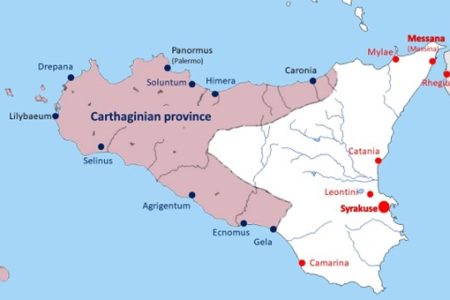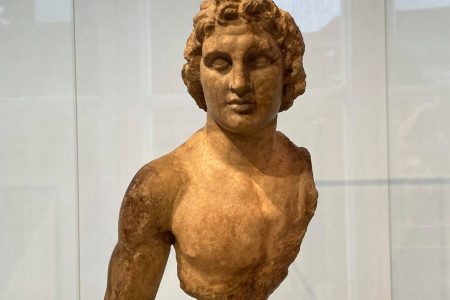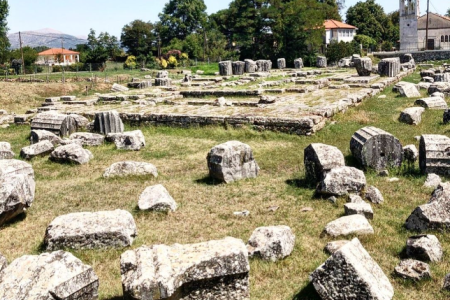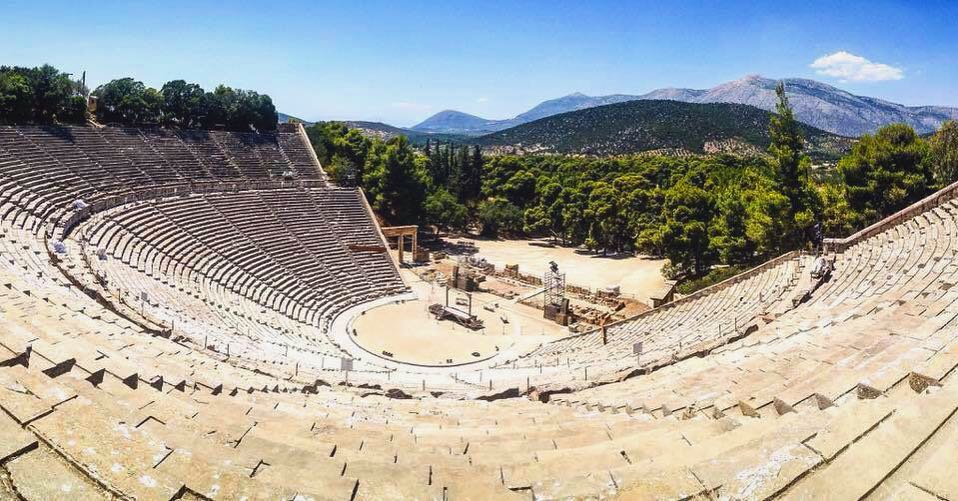On the blog, you’ll find a treasure trove of articles exploring various aspects of the Hellenistic era. This is part four in our Hellenistic Peoples Series, a series about some of individuals that shaped the Hellenistic Period, in which we take a closer look at Nabis of Sparta, the ruler of Sparta. Nabis rose to …










